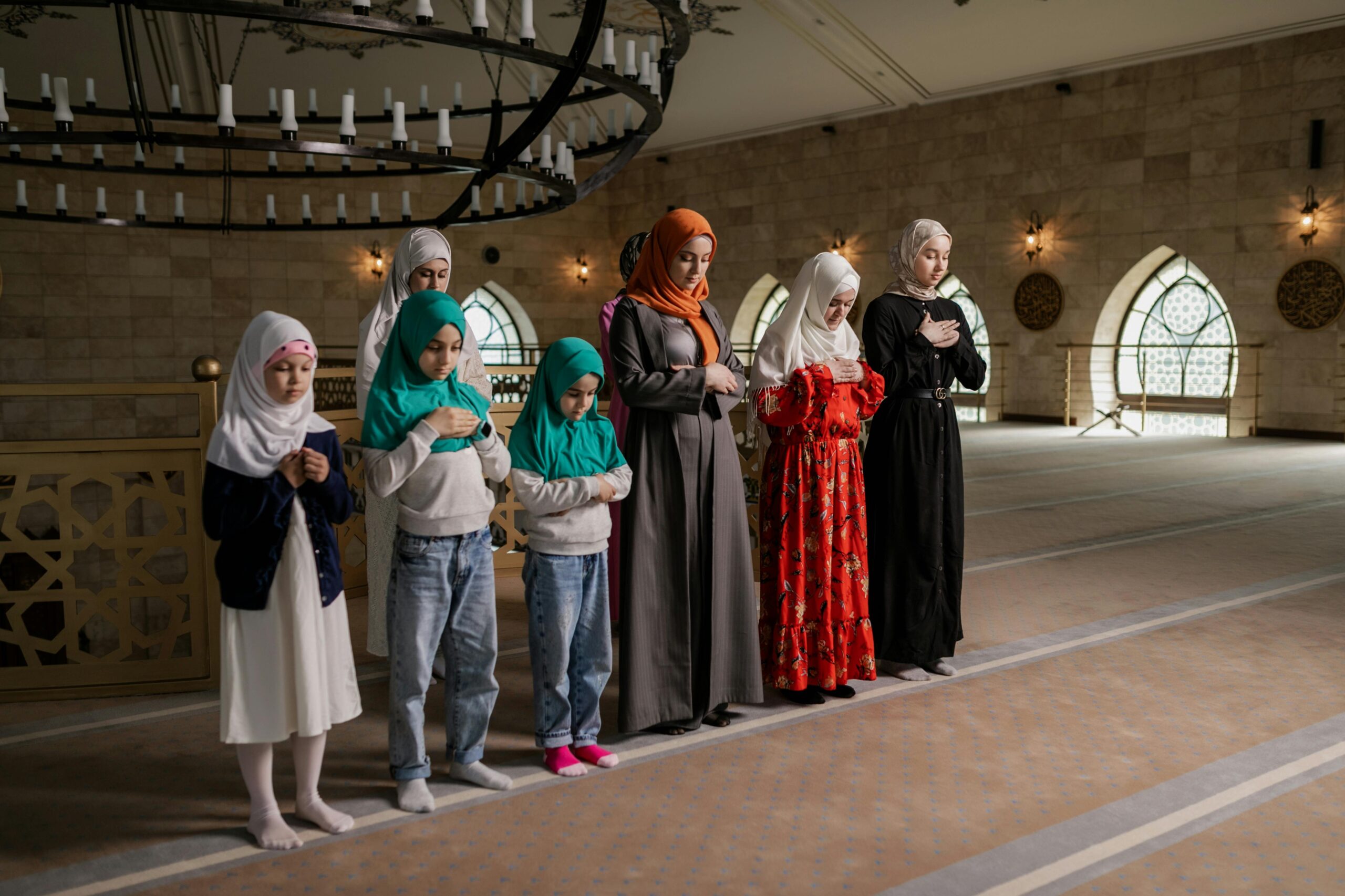Almir Martin, deputy chairman of the board of Equality, Inclusion and Diversity (LIM), has written an opinion piece advocating a new approach to the debate on youth crime.
In the article, published on 21 March this year in Avisa Nordland, Martin criticises what he believes is an excessive emphasis on socio-economic factors as an explanation for youth crime, and calls for a greater focus on cultural dimensions.
Martin refers to Knut Storberget’s report “They are our children” and NRK’s interview with a former criminal, and argues that the debate has become an “ideological theatre” that avoids what he calls the “uncomfortable truth”.
He believes the report avoids answering why some communities develop criminal subcultures while others do well.
Martin emphasises that various reports show that young people with backgrounds from the Middle East, North Africa and South Asia are overrepresented in crime statistics, while other immigrant groups such as Vietnamese, Indians, Tamils, Iranians or Bosnians are barely visible.

He argues that this points to values and morals, and not just income, being decisive factors.
Martin refers to figures from the report “They are our children” that show an overrepresentation of children with an immigrant background among those charged with crime, but believes the report attempts to explain this away with exclusion and socio-economic conditions. He argues that cultural norms, upbringing and social inheritance are important explanations, and refers to the NOVA report “UngVold 2015”, which shows a higher risk of domestic violence among children with a non-Western background.
He also mentions the police’s observations about the absence of fathers in certain environments.
Martin suggests several measures, including putting cultural norms and values at the centre of crime prevention, holding parents accountable for non-violent parenting, addressing crime with clear consequences, lowering the age of criminal responsibility, and ensuring better collaboration between the police, child welfare services and schools.
Martin concludes that the report “They are our children” avoids addressing the underlying truths about youth crime.

